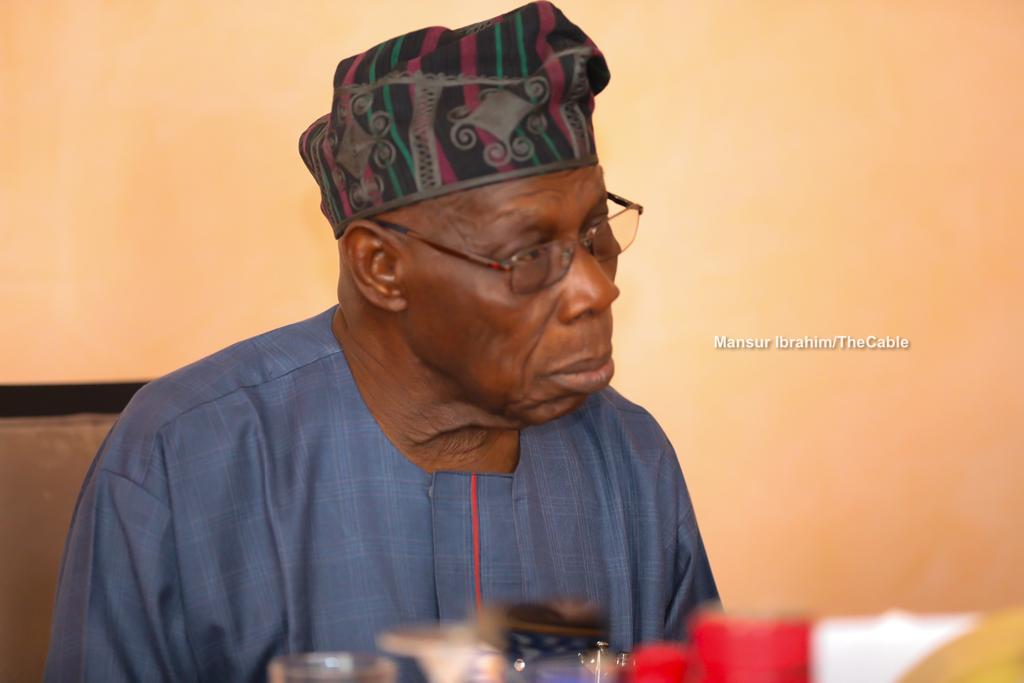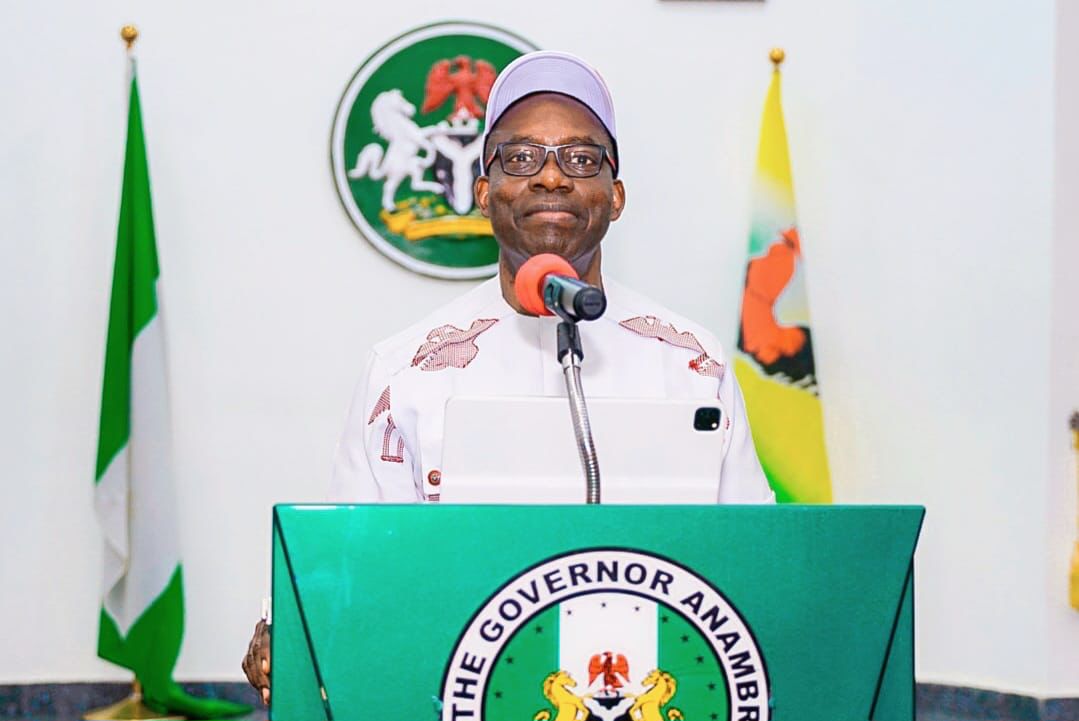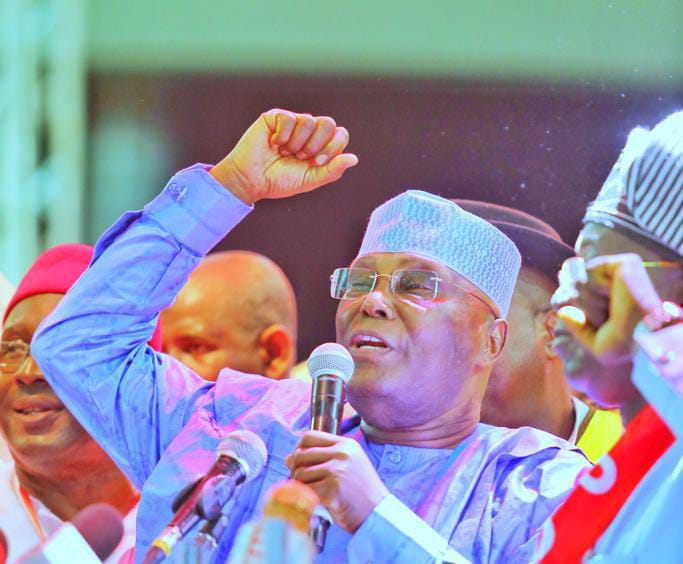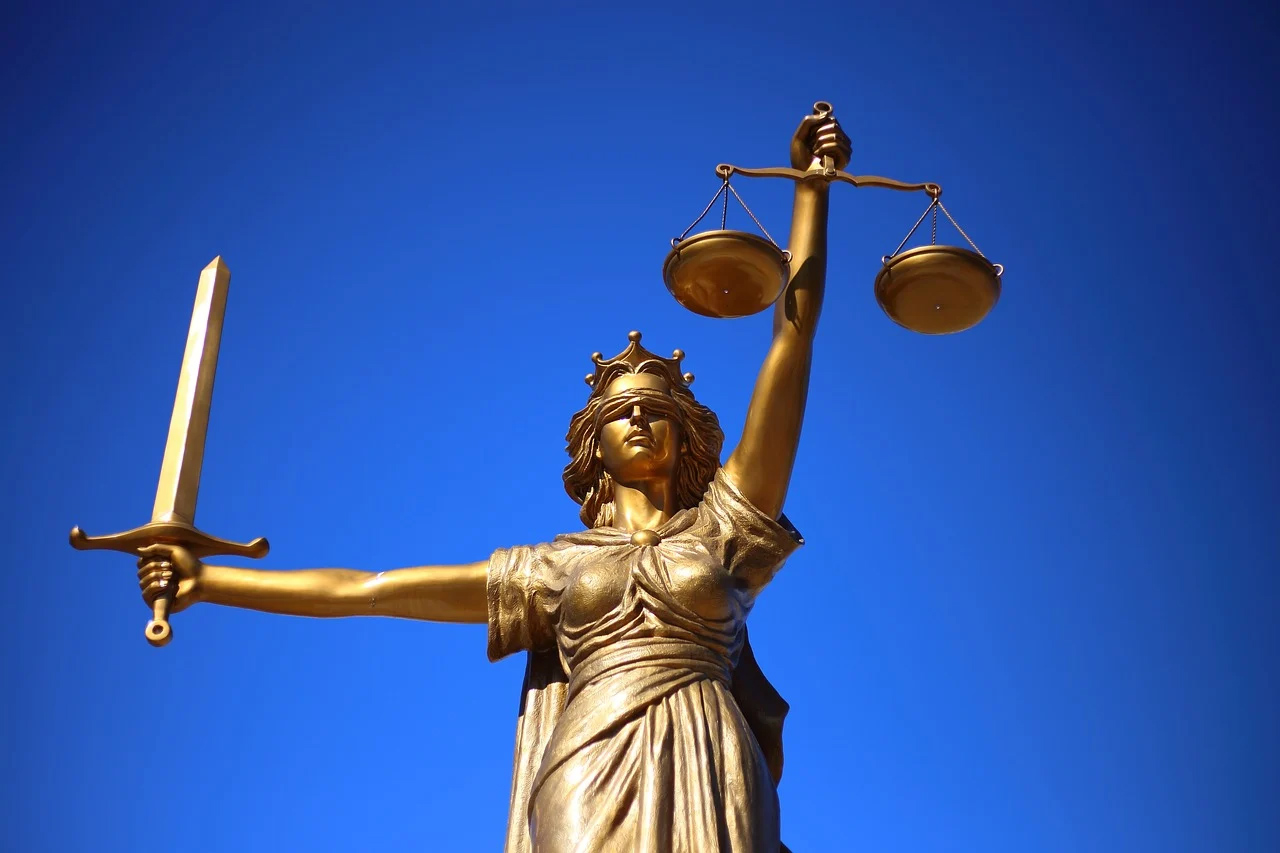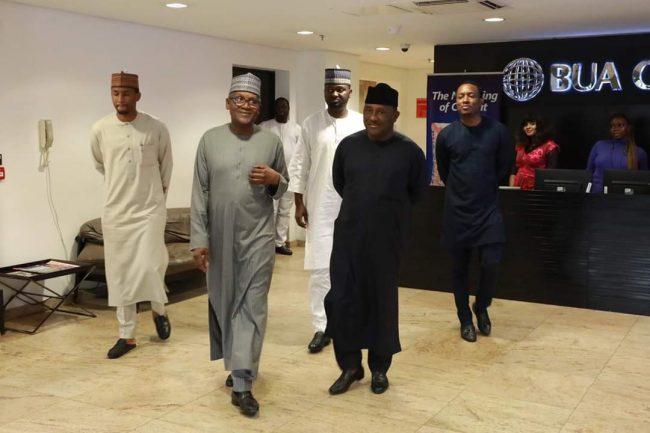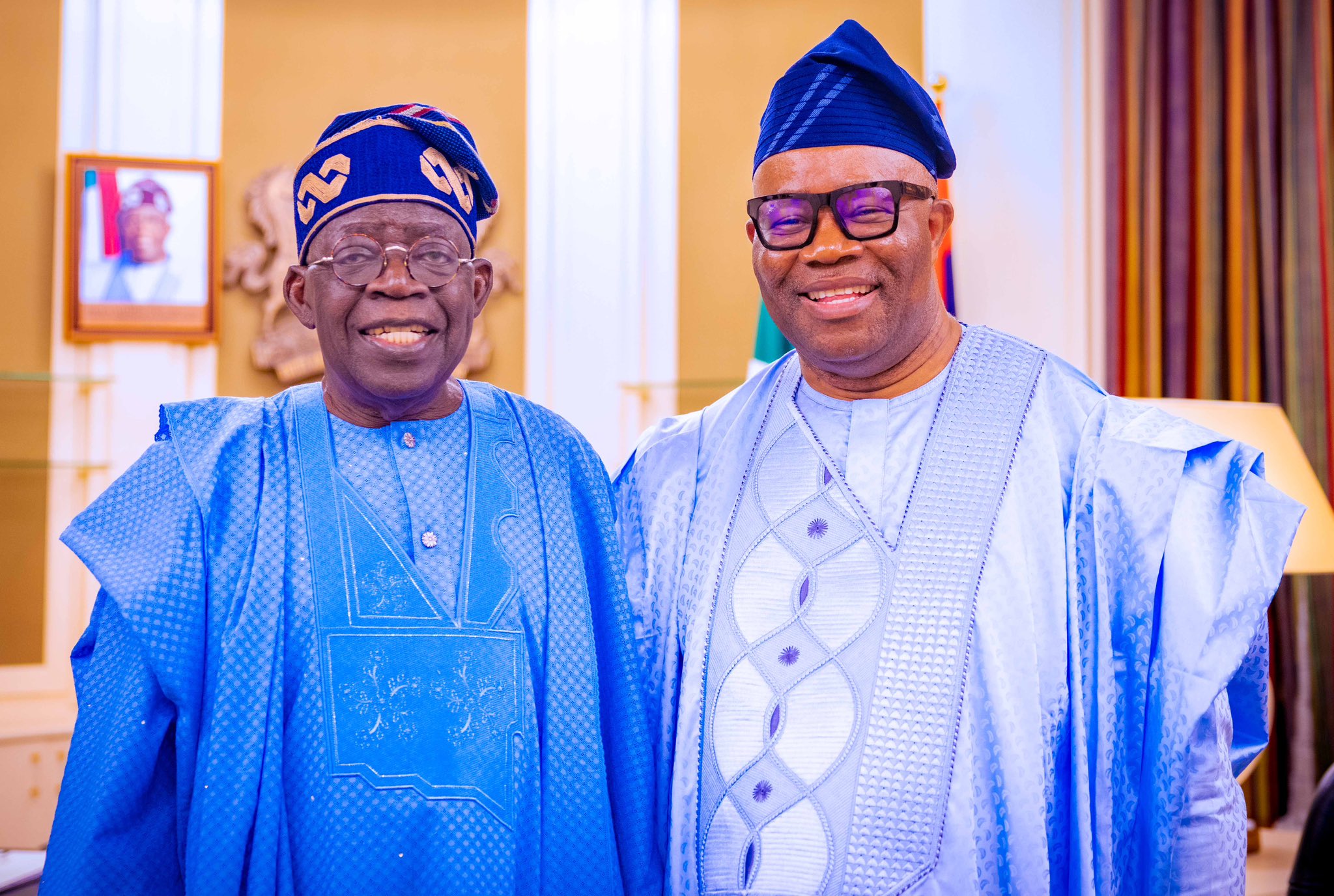Former President Olusegun Obasanjo was onto something when he broached the failure of liberal democracy to deliver for Africa at an event earlier this week. We can grumble about how much he contributed to the bastardisation of this system of government, which he now disparages. Even his contribution to debasing Western democracy between 1999 and 2007 illustrates the average African’s incapacity to live with the liberality that democracy proposes.
Until recently, when Donald Trump’s misfortune visited the United States of America, American politicians essentially took defeat at the polls in their stride. Of course, we have heard of the systematic rigging of elections, even in the most advanced democracies. Still, results declared, contestants respected established institutions and retired to prepare for the next run. But Trump wanted to win by hook or by crook, and when he lost, he unleashed a campaign to discredit the 2020 presidential elections without regard to whatever national structure he pulled down with his ambition. That unusual act in American politics is the norm in Africa, and as President for eight years, Obasanjo perpetrated the same with abandon, so he must know.
During the campaign to elect his successor, the former President said that the 2007 elections would be a do-or-die affair for him and the People’s Democratic Party (PDP), and so it was. Three hundred people died from the violence that attended the elections. Domestic and international observers of the April 2007 elections concluded they were the worst in post-independence Nigeria. It is a story we do not want to relive.
A report of the election by the Department for International Development (DFID) says the following: “Moreover, the current ruling party fixed the results in advance… Some states, such as Rivers, Ogun, Oyo, and Ekiti, saw vote totals far above the number of registered voters. 2007 broke from 2003 in going from competitive rigging to a vote allocation or ‘direct capture.’ In addition, all stages of the elections were marked by extraordinarily high levels of political violence. Fifty-five people died on the day of the elections, and unofficial estimates for the whole electoral period were 200 deaths nationwide. The Independent Electoral Commission (INEC) electoral administration has yet to earn public trust and is itself a compliant tool of the ruling PDP. INEC acknowledged the 2007 contest for exhibiting widespread irregularities and fraud but blamed the parties themselves…”
Advertisement
So, the former President knows what he was talking about when he said democracy wasn’t working. Africa’s giant brother is still a socio-political toddler 16 years after the political heist, which the late former President Umaru Musa Yar’Adua, who won the election, acknowledged. Rather than condemnation, therefore, Obasanjo’s intervention should inspire deep contemplations on how Nigeria can solve its political and governance dilemmas.
In doing this, we must ask pertinent questions about why we—politicians and the electorate—are the way we are. Why are our politicians so desperate that they would do anything and everything to win party tickets and the general election? Why are elections, which should be a celebration of democracy, so violent and unmindful of society? Why do only a few politicians concede defeat in electoral contests? Why is it such a do-or-die affair for us?
One of the things I find is that democracy is not part of the orientation of the average Nigerian. A fundamental principle of democracy, for instance, is free speech—the liberty to think and speak independently without fearing reprimand.
Advertisement
But how many of us had this liberty as children? The reality is that most of us grew up under very undemocratic conditions. Our fathers were all-in-all, and mothers only had a voice when Daddy was away. On his part, the child was not expected to have a say. Most of us grew up in homes where we could neither express ourselves nor choose the people we associated with. Even after we grow up and bring forth our children, we mostly continue in the tradition, passing restrictions on our children as a way of life. As this happens, we have already missed out on the opportunity to cultivate some fundamental attributes of democracy: freedom of expression, freedom of association, and tolerance. It is difficult for us to concede people’s right to hold opinions.
So, the best of our politicians go into public life with this baggage. No matter what education they acquire or progressive credentials they profess, they cannot divorce themselves from these hang-ups. They must win elections at all costs; every candidate must bow down to their godfathers; the electorate cannot have any say in the way they govern; and so forth. Worse still, they see nothing wrong with any of these, the raw use of power is what they understand. So, how does liberal democracy help such a society?
We can argue that things are changing with the new generation, who, with the advantage of social media, now have a voice and are mostly defiant of old age and its repressive tendencies. With the possibility of unmediated communication that social media has brought to the public sphere, gone are the days when your words go unchallenged just by the privilege of older age.
However, inherent in the free expression facilitated by social media is another form of tyranny wherein alternative opinions are dismissed, shut down, and often scorned. So, overall, the average Nigerian, regardless of demography, is intolerant of alternative ideas and invariably undemocratic!
Pervasive poverty and lack in the country have also become an everlasting impediment to democratic growth, affecting both the supply and demand ends of the chain. Unlike most Western democracies, where personal and party ambition counts in politics, governance is about serving the people. In these liberal democracies, the welfare and well-being of the people are central factors in the ambition of politicians and what they do in government. It is not the same in Nigeria. Here, politics has become a primary source of income, if not the most lucrative industry in the country. For this reason, aspirants invest their lifesaving efforts in pursuing their ambition and prepare to feed on the country’s resources upon election.
Advertisement
The people are also too deprived to decide on their leaders independently. For this reason, elections are almost always for the highest bidder. Votes are bought, the electoral management body is compromised, and law enforcement agencies become lame ducks when politicians deploy monetary resources, most of which are stolen from the state, to win elections. It is a vicious circle, which leaves most people poor and a few with stupendous wealth!
Therefore, if we are to achieve development, we must rethink Nigeria’s operation of democracy. Aside from considering the adoption of the parliamentary system of government, which is far less capital-intensive than this presidential model, we should factor in the various tendencies that restrain free speech and the capacity to actualise themselves. Rethinking the model of democracy, we embrace, and its operation is a valid agenda to contemplate at this moment in our history. The messenger may be a problem in this instance, but the message is one that is worthy of all attention if we truly desire to move this country forwards.
Adedokun can be reached via X @niranadedokun
Advertisement
Views expressed by contributors are strictly personal and not of TheCable.
Add a comment

